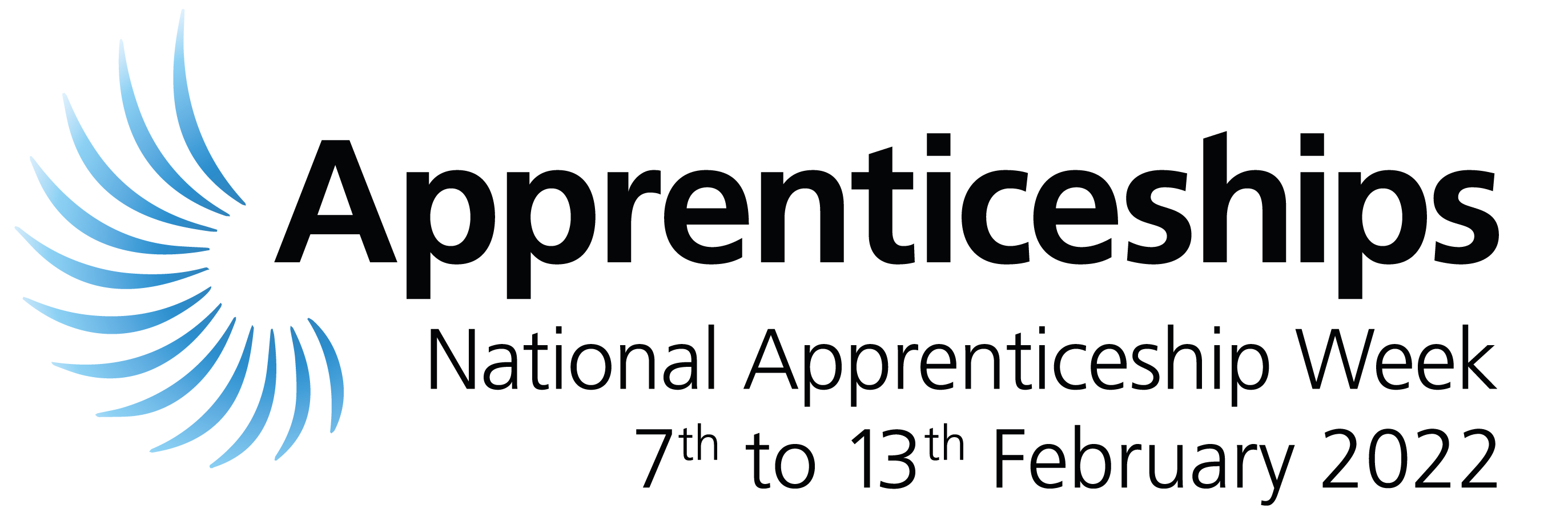We’re celebrating National Apprenticeship Week

This year, National Apprenticeship Week is eager to show ways that we can Build the Future by making positive changes to the ways in which staff are trained today.
Running from the 7-13 of February in England, Northern Ireland, and Wales and then from 7-11 March in Scotland, the week helps to highlight the ways in which apprenticeships can benefit not only staff, but also the businesses involved.
There are three key areas being focused on this year:
- Train: Future proof your workforce through an apprenticeship.
- Retain: Apprentices gain the skills and knowledge your organisation needs and are likely to stay with you after completion.
- Achieve: Realise the business benefits and career progression available.
Currently, there are labour shortages in parts of the seafood industry. If you are struggling to recruit staff, then offering a suitable apprenticeship alongside the vacancy might tip the balance for you and attract more suitable applicants.
Having an apprentice onboard can make a big difference to a business. It can help to motivate other members of staff to get involved in training or even to become an apprentice themselves.
At HIT Training (a hospitality apprenticeship training provider), we know from our experience working with employers across a variety of industries that apprenticeships work.
Each employer will experience their own unique set of benefits from employing apprentices. But one thing they all have in common is that they all experience business benefits.

Questions and queries around apprenticeships
There are many aspects of apprenticeships which can be misunderstood, and this selection of frequently asked questions will help to answer some common queries:
What is an apprenticeship?
An apprenticeship is a job that allows a person to benefit from a funded structured development programme whilst working.
How long does it take to complete an apprenticeship?
This can depend upon the level of the qualification. A typical Level 2 qualification will take between 12 to 18 months, whilst a Level 3 Qualification may last up to 24 months.
Who is responsible for delivering the apprenticeship?
The employer oversees the delivery of the apprenticeship programme by the apprenticeship provider. The apprenticeship provider is responsible for providing the training. The assessment of the apprentice’s skills and knowledge is a key part of any apprenticeship.
There are differences in the details of how apprenticeships are delivered between England and other parts of the UK. Your local apprenticeship provider can provide advice on this.
What age limits apply to apprenticeships in the UK?
Most apprentices are aged between 16 to 24 years old. However, there is no upper age limit for access to an apprenticeship although there may be limits on funding.
How much are apprentices paid?
Currently, the national minimum wage for apprentices is less than the national minimum wage and varies depending on the apprentice’s age. However, employers are encouraged to pay more than the required minimum as apprentices should be seen as a valuable resource for the business and not as a cheap source of labour.
How many hours a week does an apprentice work?
Usually, they work a minimum of 30 hours a week, but no more than 40 hours in a single week. Apprentices working part time will take longer to complete their apprenticeship programme.
Are apprentices entitled to holidays?
As apprentices are usually full time employees of the business they have the same employment conditions as other employees, although there may occasionally be age-related conditions for younger apprentices.
Does an employer have to employ an apprentice when they have concluded their apprenticeship?
Apprentices may be employed on a fixed term contract lasting until the end of their apprenticeship. Most apprentices are recruited to fill a permanent job role and will stay with their employer long after completion of their programme.
Can an apprentice help my business?
A well delivered apprenticeship programme will not only fill vacant job roles but will bring valuable skills and knowledge into the business. The answer is a resounding yes.
Apprenticeships offer an employer the opportunity to make a real positive difference to their business and the lives of individuals. By recruiting an apprentice, you are giving a person a chance to develop their own skills and knowledge and to contribute to the success of your business.
You may also be embarking on your first experience of a formally structured development programme. This will see external training brought into the business as well as opportunities for you and your team to coach someone as they pass on your skills and understanding too.
Further information
For further information about apprenticeships, please visit our Seafood business apprenticeships webpage using the link below:
You can find out more about National Apprenticeship Week 2022 by visiting their website using the external link below: